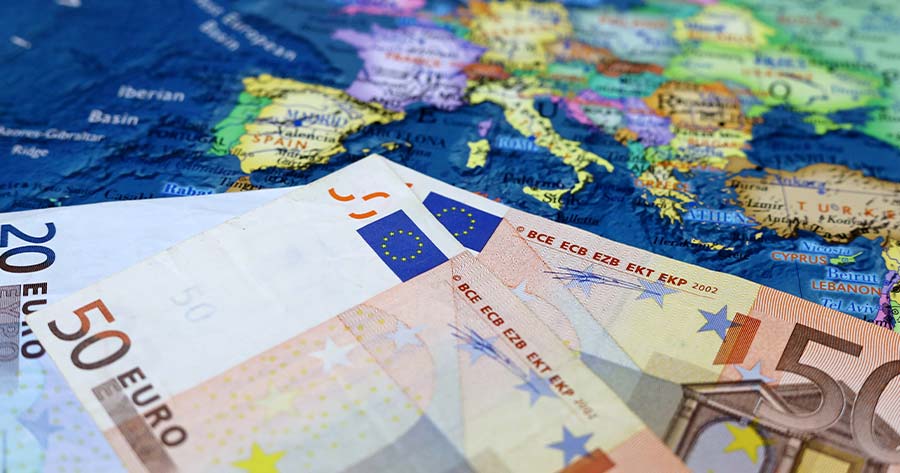In March, the inflation rate in the 20-country eurozone moderated to 2.4%, based on preliminary data released on Wednesday, leading to heightened expectations for interest rate reductions to commence during the summer months.
Forecasts from economists surveyed by Reuters had anticipated a stable rate of 2.6%, remaining unchanged from the prior month. Furthermore, the core inflation rate, which excludes energy, food, alcohol, and tobacco prices, decelerated from 3.1% to 2.9%, falling below projected figures.
Despite this, the inflation rate for services, a critical metric for the European Central Bank, remained at 4% for the fifth consecutive month, indicating persistent pressure stemming from wage increases.
Additionally, the unemployment rate in the euro area, disclosed by the ECB on Wednesday, held steady at 6.5% in February, unchanged from January and down from 6.6% in February 2023.
Recent updates also revealed lower-than-expected price increases in France and Spain last week. Notably, Germany, the largest economy in the bloc, reported headline inflation at a three-year low of 2.2% on Tuesday.
Market projections suggest that the central bank of the eurozone will initiate interest rate cuts starting in June, aligning with recent signals conveyed by ECB policymakers. The next monetary policy meeting is scheduled for April 11.





